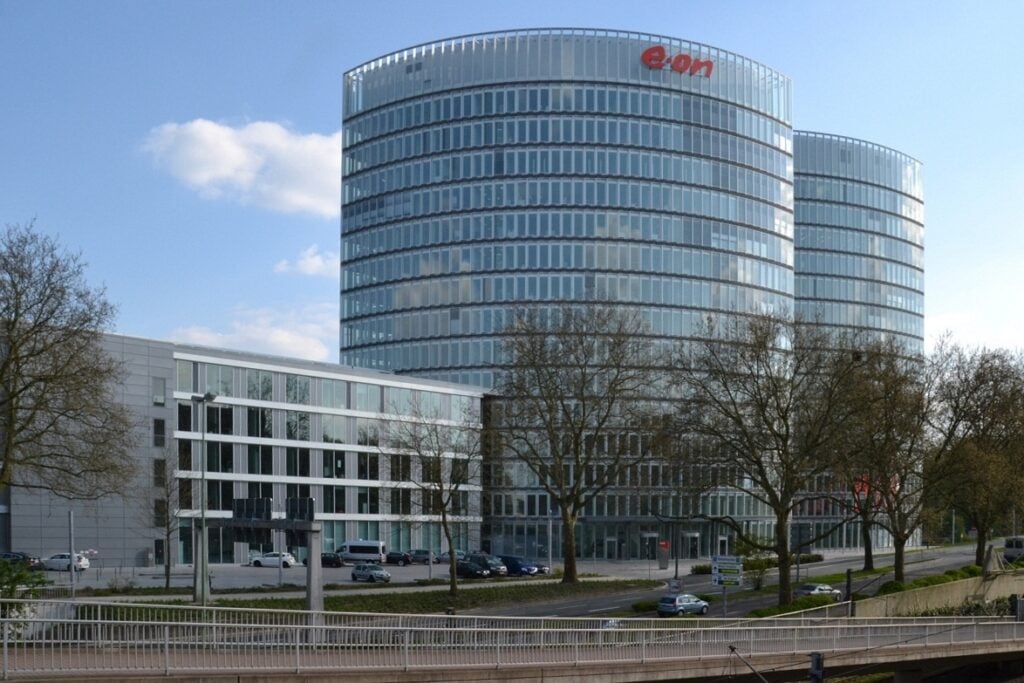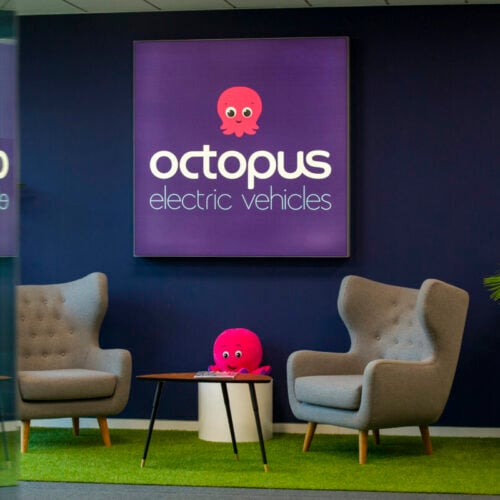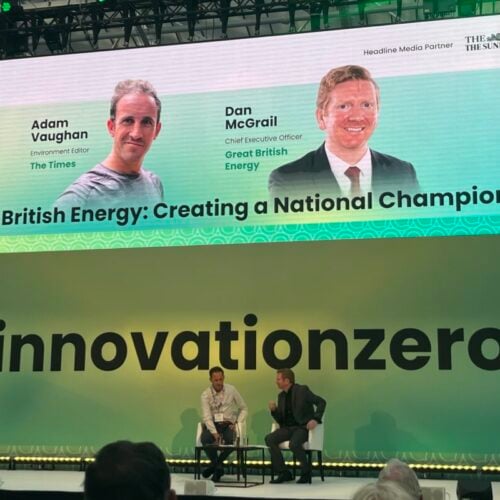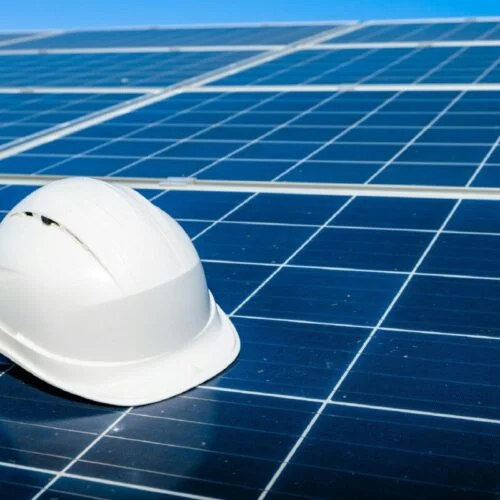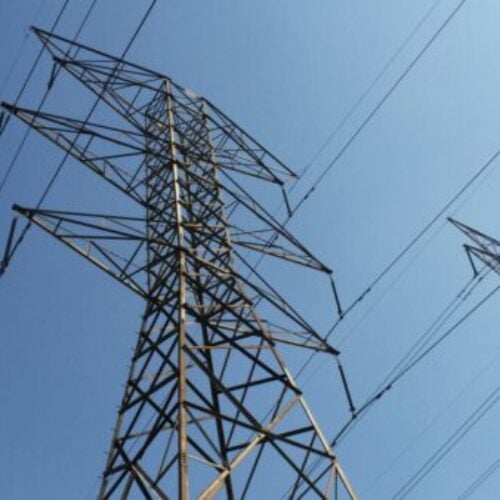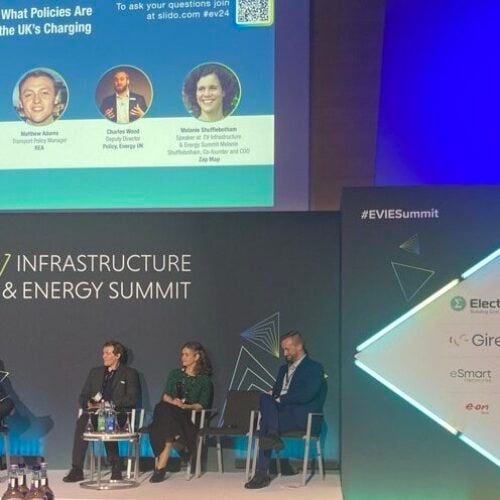E.On has seen a €300 million (£271 million) adverse impact from the COVID-19 pandemic, split evenly between networks and its customer business.
In its first-half of 2020 results, it explained that it expects that the bulk of this adverse impact has now passed, provided there isn’t another far-reaching lockdown in the company’s core markets.
Thanks to regulatory mechanisms in many of these markets, E.On is expecting to have recovered most of its €150 million (£136 million) loss from its network business between 2022 and 2024.
On its customer side, payments have remained largely unaffected as the loss was mostly driven by the early and precautionary sell back of electricity originally procured for customers who no longer required it due to lockdowns.
As such, the adverse impact of COVID-19 on E.On is around 2% of EBITDA, allowing the company to reaffirm its medium-term targets and dividend policy.
In the long-term the impact is more marked, with an expected adjusted EBIT of between €3.6 and €3.8 billion (£3.3 and £3.4 billion) for the 2020 financial year, down from €3.9 to €4.1 billion (£3.5 to £3.7 billion). Similarly, its adjusted net income is expected to be between €1.5 and €1.7 billion (£1.4 and £1.5 billion), down from €1.7 to €1.9 billion (£1.5 to £1.7 billion).
This follows the adjusted EBIT for the first six months of 2020 falling to €2.2 billion (£2 billion) compared with €2.3 billion (£2.1 billion) in the prior year, and adjusted net income dropping to €933 million (£844 million).
The Group’s CEO, Johannes Teyssen, said they can now see “much more clearly” than they could in their last set of results, and are looking ahead to the second half of 2020 “with greater confidence”.
“We delivered a strong first-half operating performance. Despite COVID-19, all our businesses are running smoothly and robustly. We were able to limit the pandemic’s repercussions, which so far have been mild. We were even able to make up for the adverse impact of weather factors in the first quarter. This enables us to fully reaffirm our medium-term targets as well as our dividend policy.”
Further strength for the company comes from the completion of the Innogy takeover, which helped dramatically increase its sales in Q1 of 2020 too.
Despite this acquisition bolstering its results, its Q1 figures showed that in the UK specifically, it was struggling to hold onto customers. In an effort to improve customer services in the market, it is restructuring its business, which it confirmed is moving forward as planned.
This includes transitioning 10,000 customers per day to a new digital customer platform developed by E.On with Kraken Technologies, the software platform from utilities competition Octopus Energy. The ‘transformation in this market’ is set to be completed by mid-2022 it stated.
Going forwards, E.On has welcomed the economic stimulus package adopted by the European Union, which will underpin investment opportunities in areas like networks, batteries, storage devices, and infrastructure.
Together with its Q1 results, E.On announced €500 million in additional infrastructure investments for climate protection and economic stimulus. In 2020, it is now predicting its network investments will be €200 million higher than originally planned.
